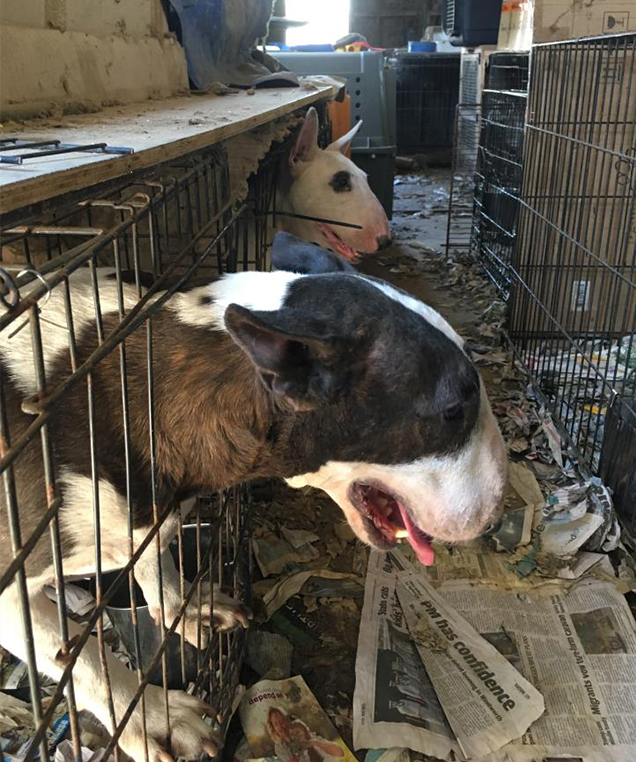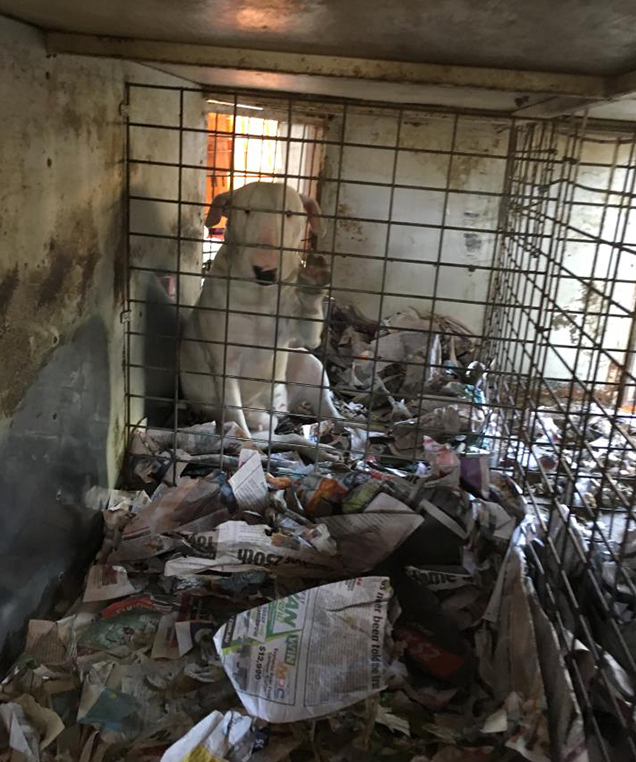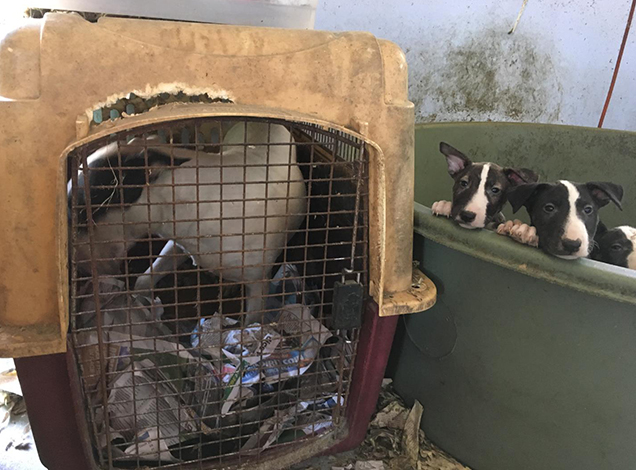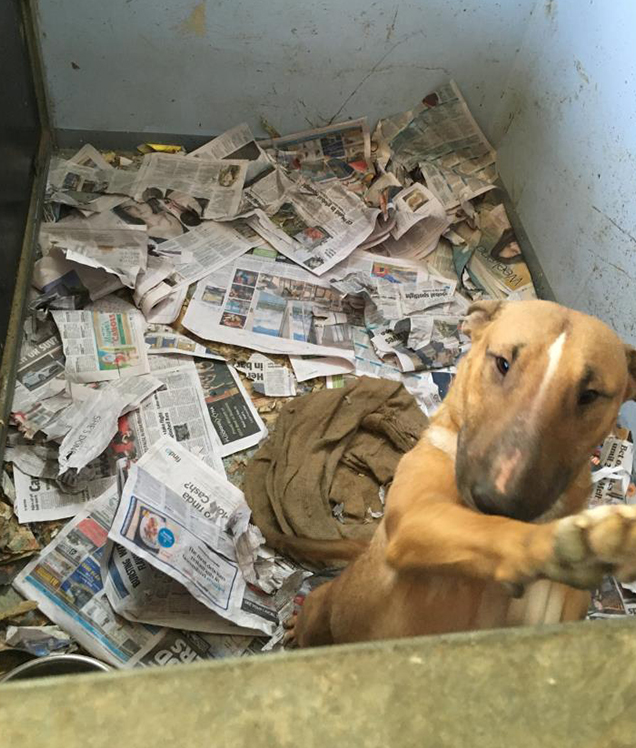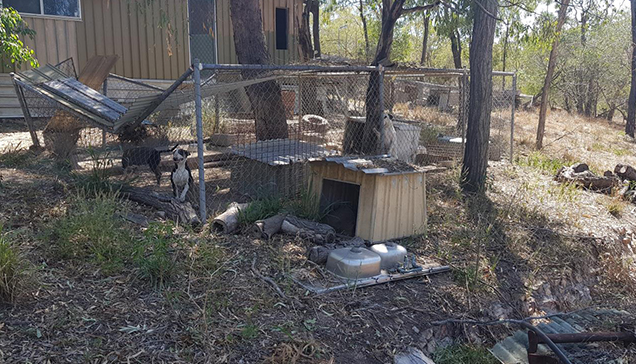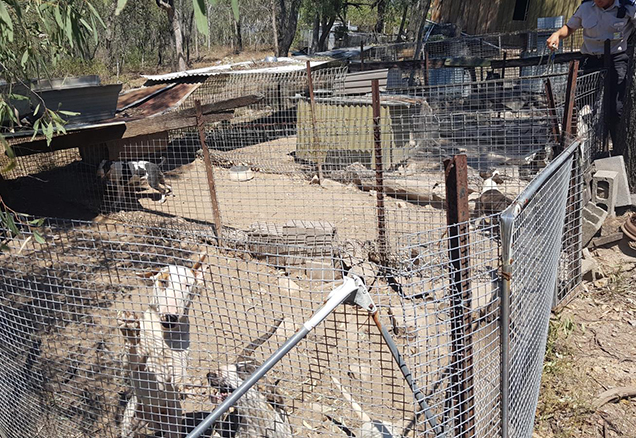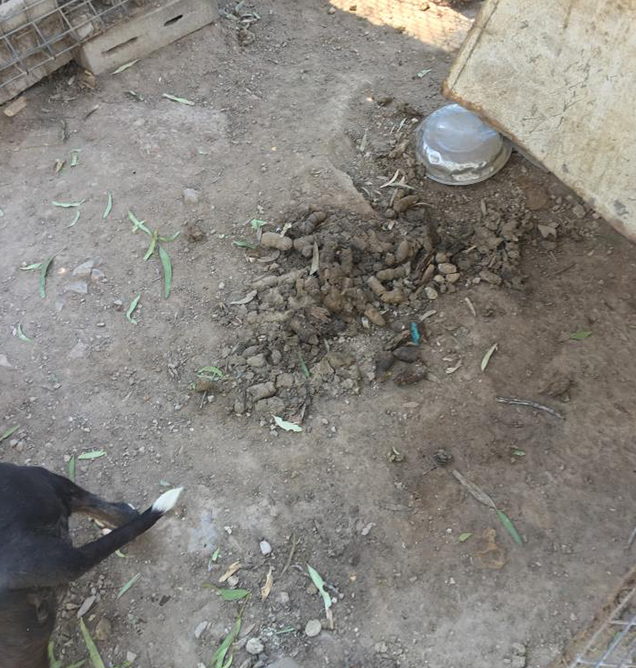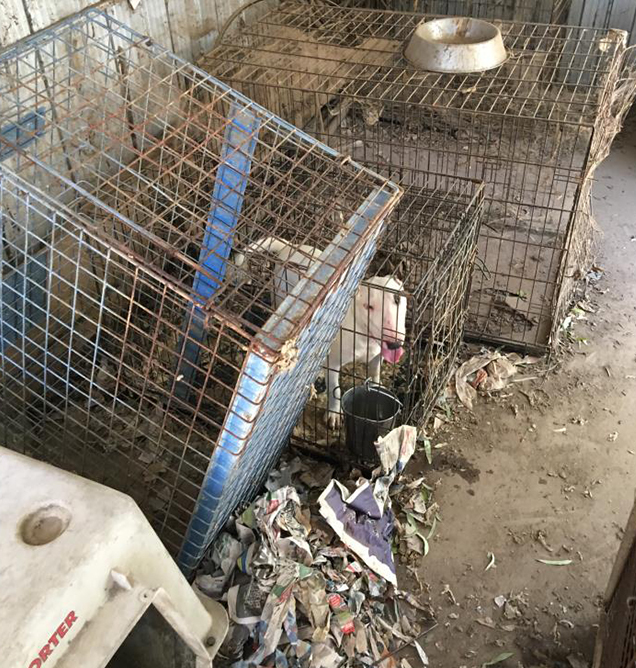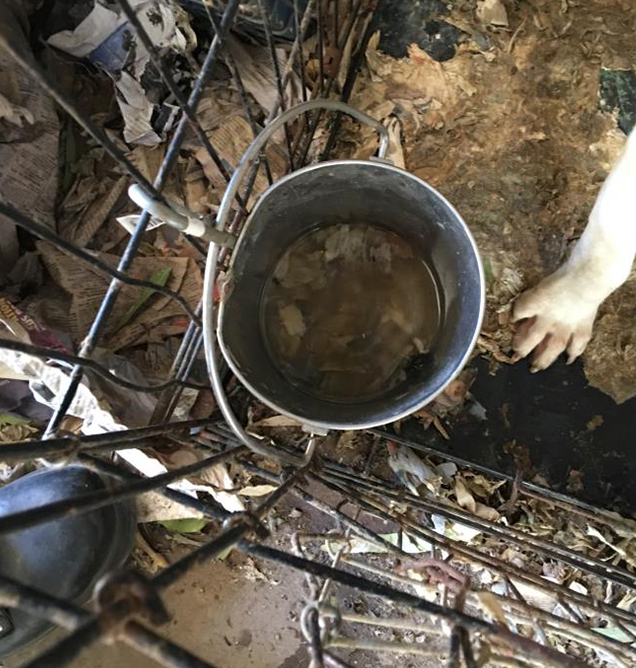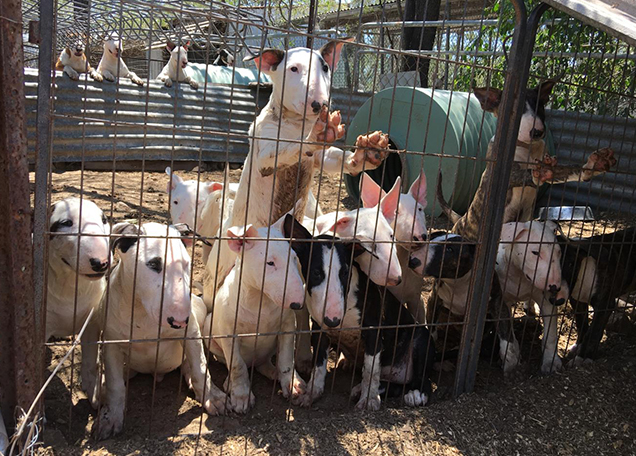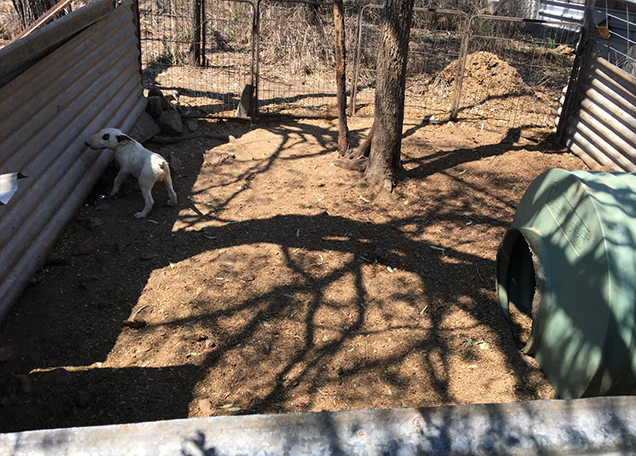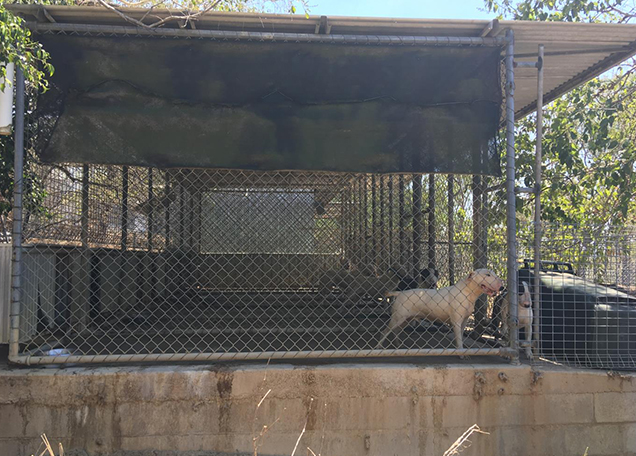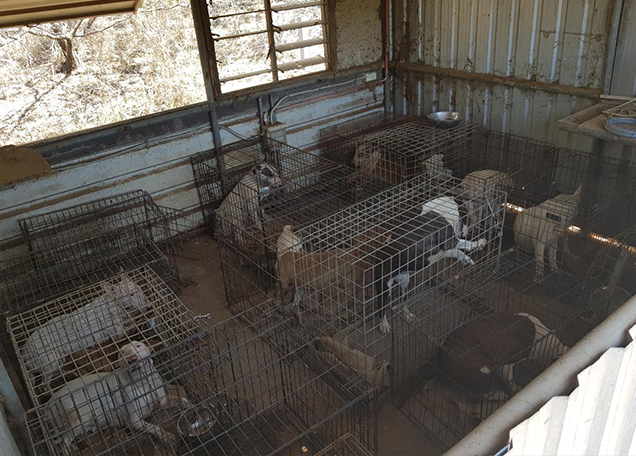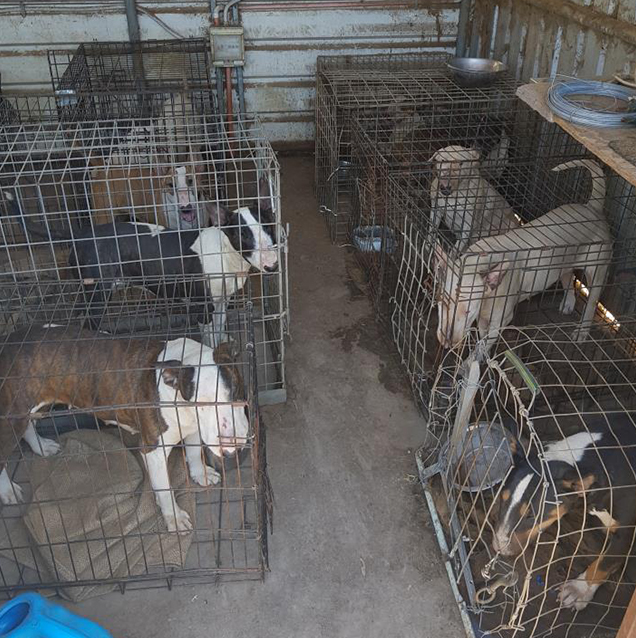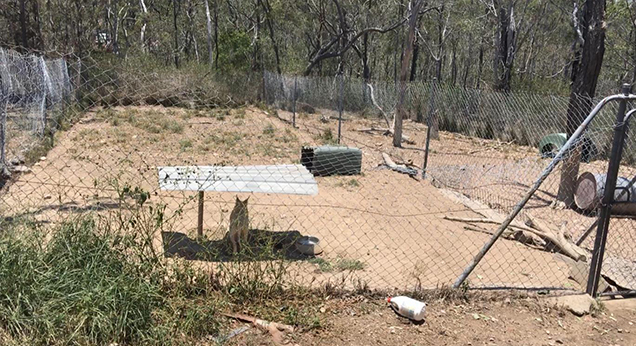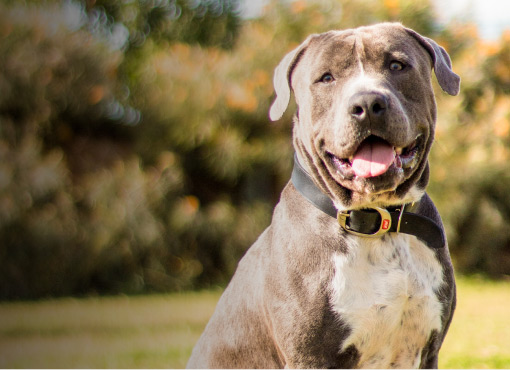At the time of the offences, the defendant was the person in charge of 87 Bull Terrier type dogs and 23 Bull Terrier type puppies. She owned 102 of those dogs and puppies, and there were 8 dogs in her possession that were owned by other people.
The dogs were all kept at her property.
The defendant operated a successful dog breeding business under the name of Kupala Bull Terriers and had done so since 1985.
In the two years prior to the offence dates, the defendant had bred at least 36 litters of puppies, resulting in at least 135 puppies.
In September 2018, the defendant sold a Bull Terrier puppy named ‘Murphy’ to a purchaser. Murphy was flown from Queensland to the purchaser in Western Australia. On 17 September 2018, the purchaser collected the puppy Murphy from the airport, and took him to a veterinarian the following day. Murphy was examined by a veterinarian at Halls Head Small Animal Clinic who noted that he had very marginal tartar especially on the upper carnassial teeth, a generalised mange appearance, alopecia and crusting over his entire body affecting the face, legs, ventrum, dorsum and feet, and extremely inflamed skin. Murphy also had bilateral inflammation of the conjunctiva (eye infections). He looked extremely pruritic (itchy from skin disease) and depressed.
Vets stated that these conditions required treatment, and would have been obvious to a lay person for at least a week.
On 16 October 2018, an RSPCA Inspector attended the defendant’s parents’ property and spoke with McAdams about welfare concerns reported about Murphy. The Inspector sighted two other Bull Terrier dogs at the Gladstone property. They were the only dogs at the property and had no welfare concerns.
On 28 November 2018, an RSPCA Inspector attended the defendant’s property to address allegations relating to the welfare of dogs on the property. The initial report was that there were approximately 5 dogs on the property.
The Inspector walked to the house and did not see any dogs. He spoke with the defendant’s husband who stated that there were dogs on the property which were being used in a breeding operation conducted by the defendant. The defendant’s husband led the Inspector to a garage area near to the house, where the Inspector sighted 13 dogs housed in small crates, and none of these dogs had access to water.
The temperature in Gladstone that day was just over 32 degrees Celsius. The Inspector directed the defendant’s husband to provide the dogs with water, and noted that he did not have enough containers to put one in each crate.
The defendant’s husband stated that he was overwhelmed and glad that the RSPCA had attended, as he had already planned on asking for help.
The defendant’s husband said to the Inspector, there were “a lot more dogs to see”.
The defendant’s husband directed the Inspector to the dwelling and the defendant came out of the house. She agreed to show the Inspector the remaining animals at the property.
RSPCA Investigations uncovered 110 dogs living in appalling conditions at the property.
Evidence photos and video really paint the grim picture of how these pets lived out their day-to-day life.


